Facebook Says Big Changes Are Coming to Your News Feed
NBC NEWS by ALYSSA NEWCOMB January 12, 2018
SAN FRANCISCO — When Facebook’s two billion users scroll through their News Feeds in the coming weeks, they can expect to see more content from their friends and family, and less from businesses, brands and media, the company announced Thursday.
 The ultimate goal, CEO Mark Zuckerberg said in a post, is to make people feel more positive about the time they spend on social media. The content Facebook shows “should encourage meaningful interactions between people,”he said.
The ultimate goal, CEO Mark Zuckerberg said in a post, is to make people feel more positive about the time they spend on social media. The content Facebook shows “should encourage meaningful interactions between people,”he said.
Related: Facebook CEO Zuckerberg’s 2018 resolution: Fix it!
“The research shows that when we use social media to connect with people we care about, it can be good for our well-being,” Zuckerberg wrote. “We can feel more connected and less lonely, and that correlates with long term measures of happiness and health. On the other hand, passively reading articles or watching videos — even if they’re entertaining or informative — may not be as good.”
Facebook shares fall more than 4% after Mark Zuckerberg announces major changes that will see less advertising in users’ News Feeds
- Shares of Facebook fell more than 4 percent Friday after it announced changes
- Mark Zuckerberg said News Feed will boost content from friends and family
- Changes will mean a family video clip will be prioritized over company posts
- It may mean that the amount of time people spend on Facebook will decrease
- Zuckerberg said it would be better for users and for the business in the long term
- But the market appears to disagree with the CEO’s assessment
Shares of Facebook Inc fell more than 4 per cent on Friday after CEO Mark Zuckerberg announced changes to the platform’s centerpiece News Feed that he said would hit user engagement in the near term.
Zuckerberg said on Thursday the company would change the filter for the News Feed to prioritize what friends and family share, while reducing the amount of non-advertising content from publishers and brands.
Pivotal Research Group said its analysis of Nielsen’s digital consumption rates showed that usage was already falling prior to Zuckerberg’s announcement, although from very high levels.
A warning by Zuckerberg that people could spend less time on Facebook in the short term as a result of the changes sent the company’s stock $8.40 lower to $179.37.

The graph above shows the sharp decline of the price of Facebook stock on Friday

Shares of Facebook Inc fell more than 4 per cent on Friday after CEO Mark Zuckerberg announced changes to the platform’s centerpiece News Feed that he said would hit user engagement in the near term
‘We can speculate that the concerns reflected in Zuckerberg’s post may very well have been driving these declines,’ Pivotal’s Brian Wieser wrote in a note.
The company has been criticized for algorithms that may have prioritized misleading news and misinformation in people’s feeds, influencing the 2016 American presidential election as well as political discourse in many countries.
While Facebook’s advertising would be unaffected by the changes, the shift was likely to mean that the time people spend on Facebook and some measures of engagement would go down in the short term, Facebook said.
It may also have an impact on major suppliers of news and other content.
John Ridding, the chief executive of the Financial Times, warned on Friday that the domination of online advertising revenue by search and social media platforms was putting pressure on media firms.
‘The FT welcomes moves to recognize and support trusted and reliable news and analysis. But a sustainable solution to the challenges of the new information ecosystem requires further measures,’ he said.
‘In particular, a viable subscription model on platforms that enables publishers to build a direct relationship with readers and to manage the terms of access to their content.’
Posts from businesses, brands and media will be made less prominent in an effort to help users have ‘more meaningful social interactions.’
Zuckerberg announced the changes in a sweeping Facebook post on Thursday, saying it was the first in a series of changes in the design of the world’s largest social network.

Zuckerberg said on Thursday that Facebook has started changing the way it filters posts and videos on its centerpiece News Feed to prioritize content from friends and family
Facebook has already started changing the way it filters posts and videos on its centerpiece News Feed to prioritize content from friends and family of the user.
For example, a family video clip posted by a spouse will be deemed more worthy of attention than a snippet from a star or favorite restaurant.
But experts claim this is just another money-making scheme for the site, pushing companies to buy more adverts to get user attention.
‘As we roll this out, you’ll see less public content like posts from businesses, brands, and media,’ Zuckerberg said in a post at his Facebook page.
‘And the public content you see more will be held to the same standard – it should encourage meaningful interactions between people.’
The company has for years prioritized material that its complex computer algorithms think people will engage with through comments, ‘likes’ or other ways of showing interest.
Zuckerberg said that would no longer be the goal.
‘I’m changing the goal I give our product teams from focusing on helping you find relevant content to helping you have more meaningful social interactions,’ Zuckerberg said.
The shift was likely to mean that the time people spend on Facebook and some measures of engagement would go down in the short term.
However, Zuckerberg said it would be better for users and for the business over the long term.
Facebook and its social media competitors have been inundated by criticism that their products reinforce users’ views on social and political issues and lead to addictive viewing habits, raising questions about possible regulation and the businesses’ long-term viability.

The company’s Chief Executive Mark Zuckerberg announced the changes in a sweeping Facebook post

The company has for years prioritized material that its complex computer algorithms think people will engage with through comments, ‘likes’ or other ways of showing interest
WHAT THE EXPERTS THINK OF FACEBOOK’S CHANGES TO MAKE YOUR NEWSFEED MORE SOCIAL
The company has been criticized for algorithms that may have prioritized misleading news and misinformation in people’s feeds, influencing the 2016 American presidential election, as well as political discourse in many countries.
Last year, Facebook disclosed that Russian agents had used the network to spread inflammatory posts to polarize the American electorate.
Congress is expected to hold more hearings this month, questioning the role social media platforms like Facebook, Twitter and Alphabet’s YouTube play in spreading propaganda.
Zuckerberg said an overhaul of the company’s products, beginning with changes to the algorithms that control the News Feed, would help to address those concerns.
Similar changes will be made to other products in the coming months, he said.
‘We feel a responsibility to make sure our services aren’t just fun to use, but also good for people’s well-being,’ Zuckerberg said.
With more than 2 billion monthly users, Facebook is the world’s largest social media network. It is also among the world’s largest corporations, reporting $36 billion in revenue, mostly from advertising, during the 12 months that ended on September 30.
A shift away from non-ad content produced by businesses is a potentially severe blow to news organizations, many of which use Facebook to drive readership, but Zuckerberg said many such posts have been unhealthy.
‘Some news helps start conversations on important issues. But too often today, watching video, reading news or getting a page update is just a passive experience,’ he wrote.
Mark Zuckerberg is fighting to save Facebook
If there’s one thing Mark Zuckerberg has consistently excelled at as Facebook’s CEO, it’s destroying his enemies.
When Google (GOOGL) launched Google Plus, a rival social network, Zuckerberg put Facebook(FB) in a state of “lockdown” and informed employees that “Carthage must be destroyed,” according to one tell-all book from a former employee.
After Snapchat (SNAP) began gaining traction several years ago, Zuckerberg tried to buy the company and, failing that, pushed out a long list of features and new apps to clone the disappearing messaging app.
Google Plus is no longer viewed as a threat to Facebook. Snapchat is struggling to grow its audience. Now, Zuckerberg is turning his focus to a new enemy: Facebook itself.
On Thursday, Facebook announced a major change to News Feed, its central feature, to prioritize posts from friends and family over posts from publishers and brands.
The goal, according to Zuckerberg and Facebook, is to boost the “well-being” of the billions of people who use the social network by encouraging users to have more conversations and connections with peers, rather than being bombarded by brands.
In short, Facebook wants to show the world that it can still be a positive force in peoples’ lives — or at least show that it’s really, truly trying to be.
Since the 2016 U.S. election, Facebook has come under fire for stories about fake news, Russian propaganda, filter bubbles and social media addiction. Facebook has also been described as enabling ethnic cleansing in Myanmar and Facebook’s WhatsApp was cited as a cause of beatings in India after a fake news story went viral.
Suddenly, the most existential threat Zuckerberg faces isn’t some rival service. It’s his own.
Related: Facebook to show more content from friends, less from publishers and brands
The media is increasingly fixated on the dark, unintended consequences of Facebook and other social networks. Regulators are scrutinizing the company more than ever before. Former Facebook executives have spoken out to express regret about what they built. And so has Zuckerberg.
“For the ways my work was used to divide people rather than bring us together, I ask forgiveness and I will work to do better,” Zuckerberg wrote in a Facebook post for Yom Kippur in September.
“Controlling the narrative at this juncture is critical, particularly when it comes to the press and regulators,” James Cakmak, an analyst with Monness, Crespi, Hardt, wrote in an investor note Friday morning about the News Feed change.

Perhaps with that goal in mind, Zuckerberg has already gone on a listening tour across the country, revised the company’s mission statement and pledged to cut into Facebook’s profits to prevent abuse of the platform.
Earlier this month, Zuckerberg said his personal goal for 2018 is to focus on “fixing” Facebook’s many problems. The short list he cited includes “abuse and hate, defending against interference by nation states, or making sure that time spent on Facebook is time well spent.”
The News Feed update is the first of those fixes, refocusing the company on the quality of time users spend on the platform, rather than the quantity.
Even if it ends up helping Facebook’s public image, there are other risks here for Zuckerberg. The News Feed change has already rattled publishers and investors who worry about it now being harder for businesses to reach customers on the platform. Facebook’s stock fell 4% in early trading Friday.
Then there are the societal concerns. If the last year has shown anything, it’s that seemingly banal product decisions can yield tremendous unforeseen consequences. By prioritizing content that sparks conversations with friends, Facebook could risk promoting more polarizing and opinionated posts that generate lots of comments, only adding to the filter bubble.
But inaction isn’t an option for Zuckerberg either. Not only is he trying to protect Facebook’s image, he’s also trying to protect his own.
In one interview published Thursday, Zuckerberg suggested a renewed interest in his legacy following the birth of his two children: “It’s important to me that when Max and August grow up that they feel like what their father built was good for the world.”
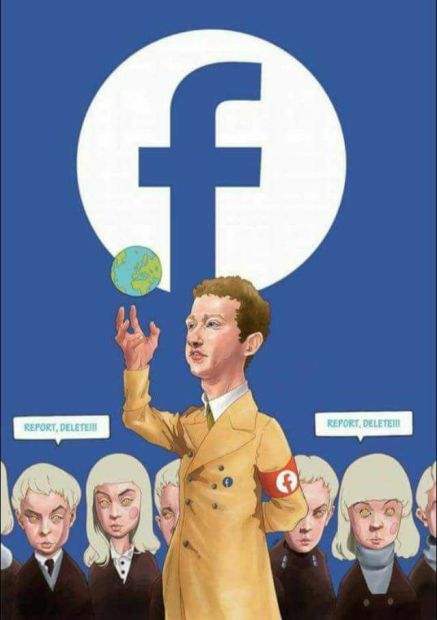



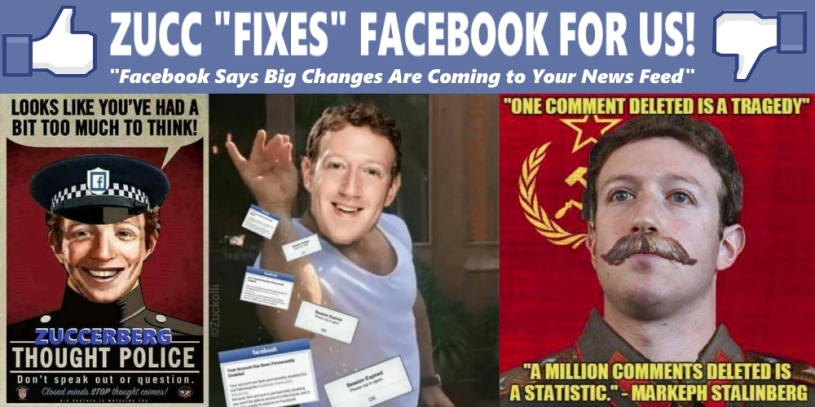
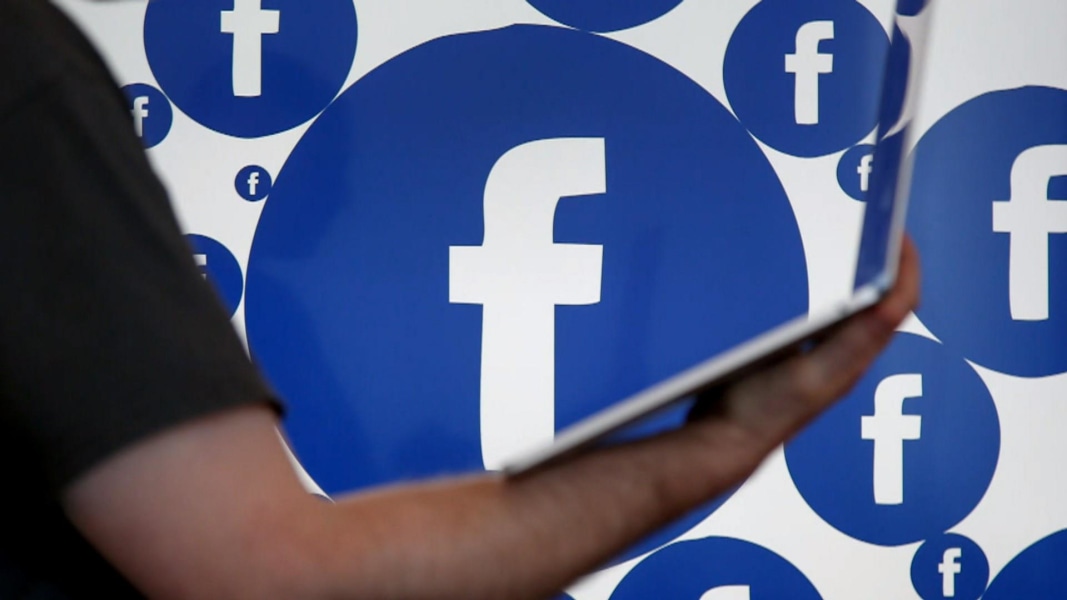



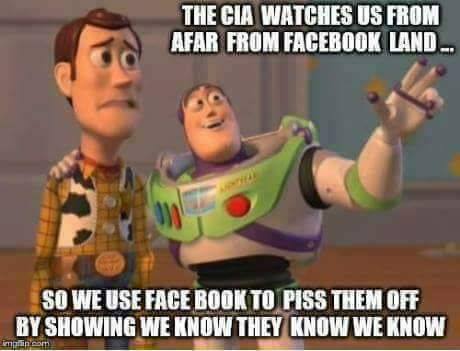


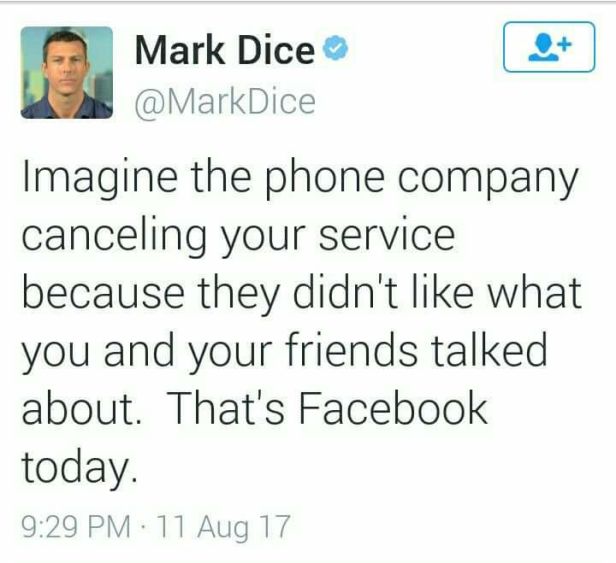
Wonderful illustrations !
LikeLike